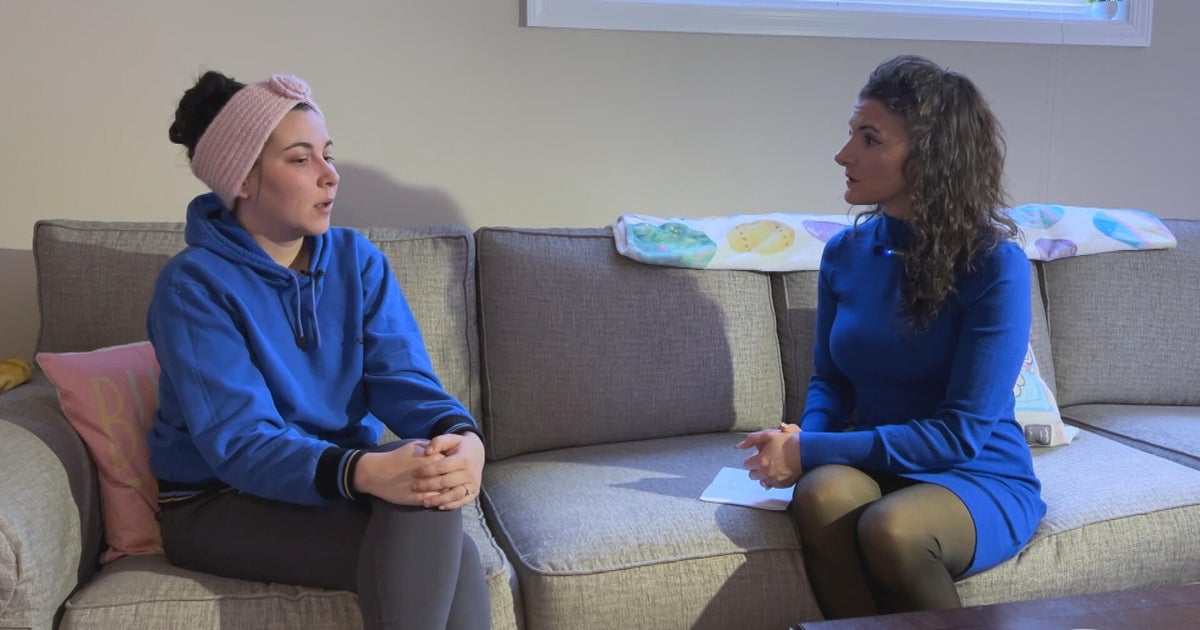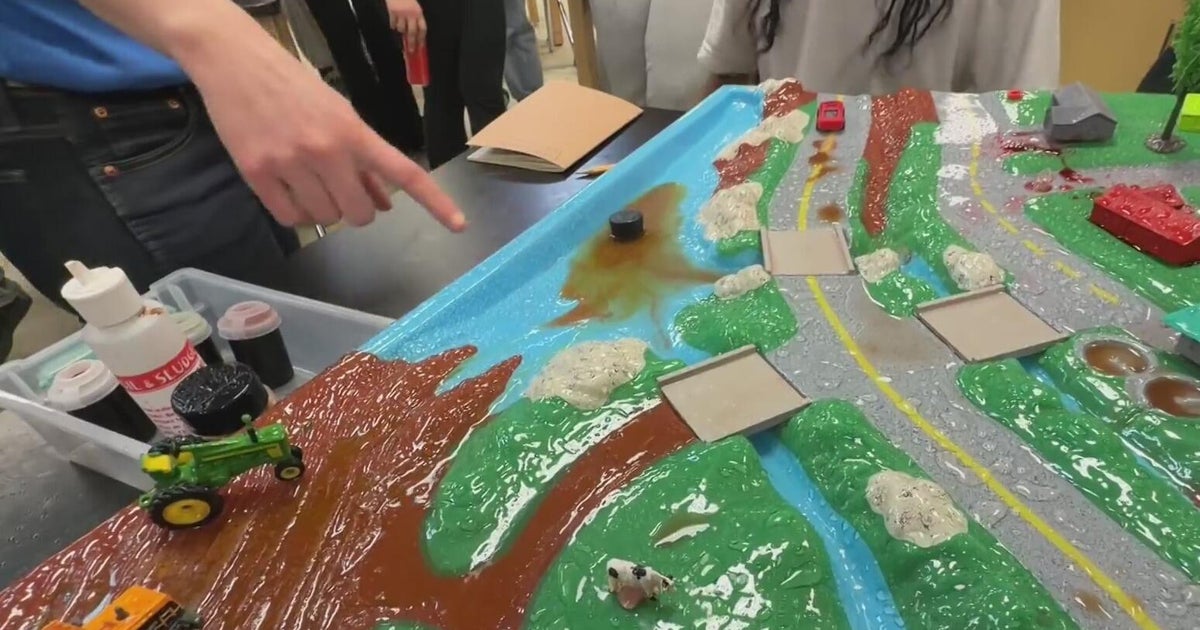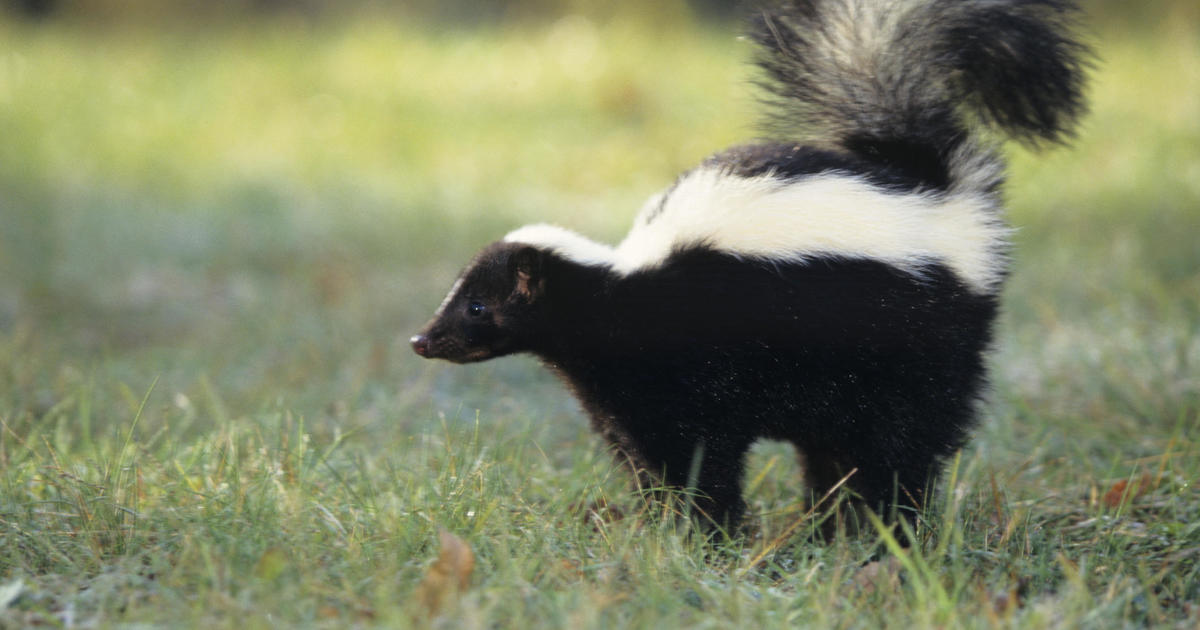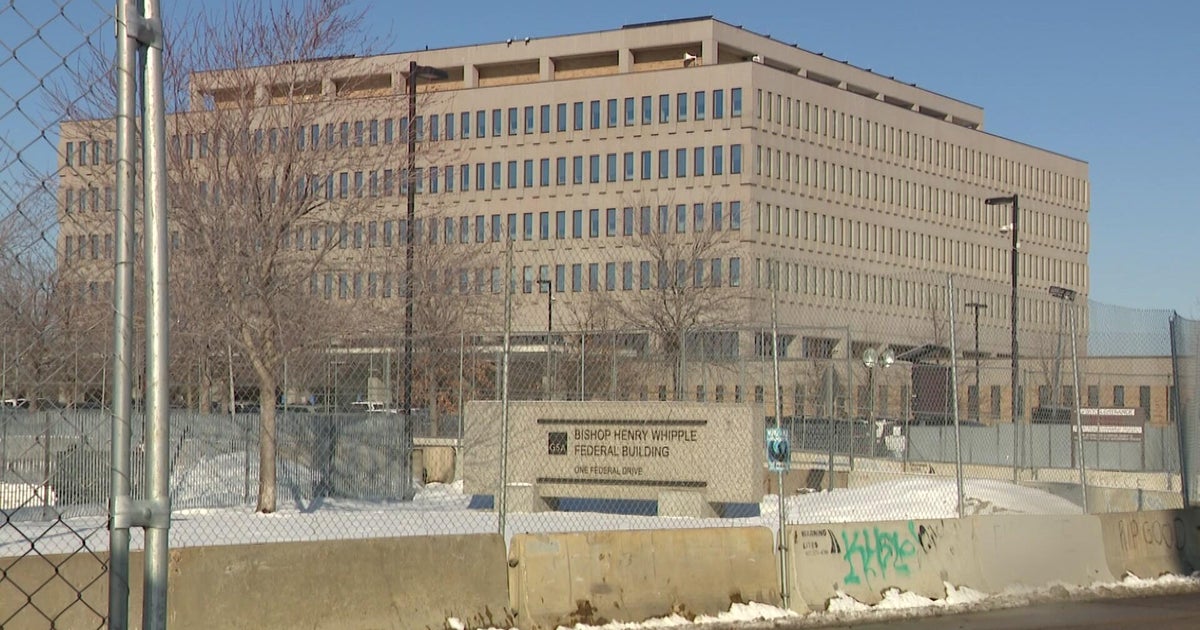Delaware wetlands at higher risk for pollution after recent SCOTUS ruling, wildlife officials say
WILMINGTON, Del. (CBS) -- Some wetlands down in Delaware are more at risk right now for pollution because of a recent ruling from the Supreme Court, according to wildlife officials.
Now the question is, what is the impact this could have on the environment and on people who live nearby?
Keeping areas like the ones in Wilmington, Delaware, protected recently became murkier for Collin O'Mara.
"Over the last 20, 30 years, we tried to restore a lot of habitat here -- had some kind of responsible redevelopment on the other side," O'Mara, the CEO and executive director of the National Wildlife Federation, said.
O'Mara said Delaware wetlands are now more exposed following a May Supreme Court ruling narrowing regulations.
"These are some of the most important systems to protect our health, protect us from flooding, protect us for, for water quality. And they're all at risk right now," he said.
The Sackett vs. EPA decision makes it harder for the federal government to police water pollution in isolated wetlands -- the same wetlands that were once covered under the Clean Water Act.
The 5-4 vote said that wetlands can only be regulated if they have "continuous surface connection."
Abbey Tyrna, who lives in Florida, worries about the more than 31% of wetlands in that state that don't meet that criteria.
"If we want clean water, that's almost impossible in the state of Florida without recognizing the contribution of wetlands," Tyrna, the executive director for Suncoast Waterkeeper, said.
Her Suncoast Waterkeeper nonprofit has gone after local municipalities for irresponsibly disposing of waste prior to the ruling. She said forcing new ordinances on the local and state level helps push back against land development interests.
"Just because you can't see the connection doesn't mean the connection doesn't exist," Tyrna said. "There's a large body of research right now that does show the connection via groundwater, animals, energy and nutrient transfers."
"I mean, these are the systems that are gonna protect us from climate change," O'Mara added. "And if we don't protect them now, we're gonna regret it later."
O'Mara said he's focused on coordinated state protections with hopes on finding a consensus soon.







